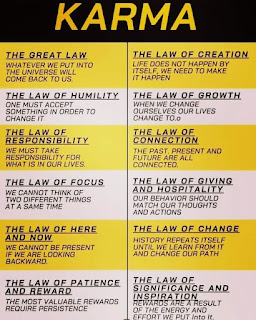The Best Oscar Wilde Quotes, One-Liners, And Witty Sayings
The Best Oscar Wilde Quotes, One-Liners, And Witty Sayings | Bored Panda boredpanda.com Žydrūnė Trukanavičiūtė Oscar Wilde 1882 photograph Born Oscar Fingal O'Fflahertie Wills Wilde 16 October 1854 Dublin , Ireland Died 30 November 1900 (aged 46) Paris, France Buried Père Lachaise Cemetery Oscar Fingal O'Fflahertie Wills Wilde [a] (16 October 1854 – 30 November 1900) was an Irish poet and playwright. After writing in different forms throughout the 1880s, he became one of the most popular playwrights in London in the early 1890s. He is best remembered for his epigrams and plays, his novel The Picture of Dorian Gray , and his criminal conviction for gross indecency for homosexual acts. Oscar Wilde was a man of many loves. Despite everything, he felt genuine affection towards his wife, Constance, who died suddenly in 1898. He loved his sons Cyril and Vyvyan. He loved the beaut...
